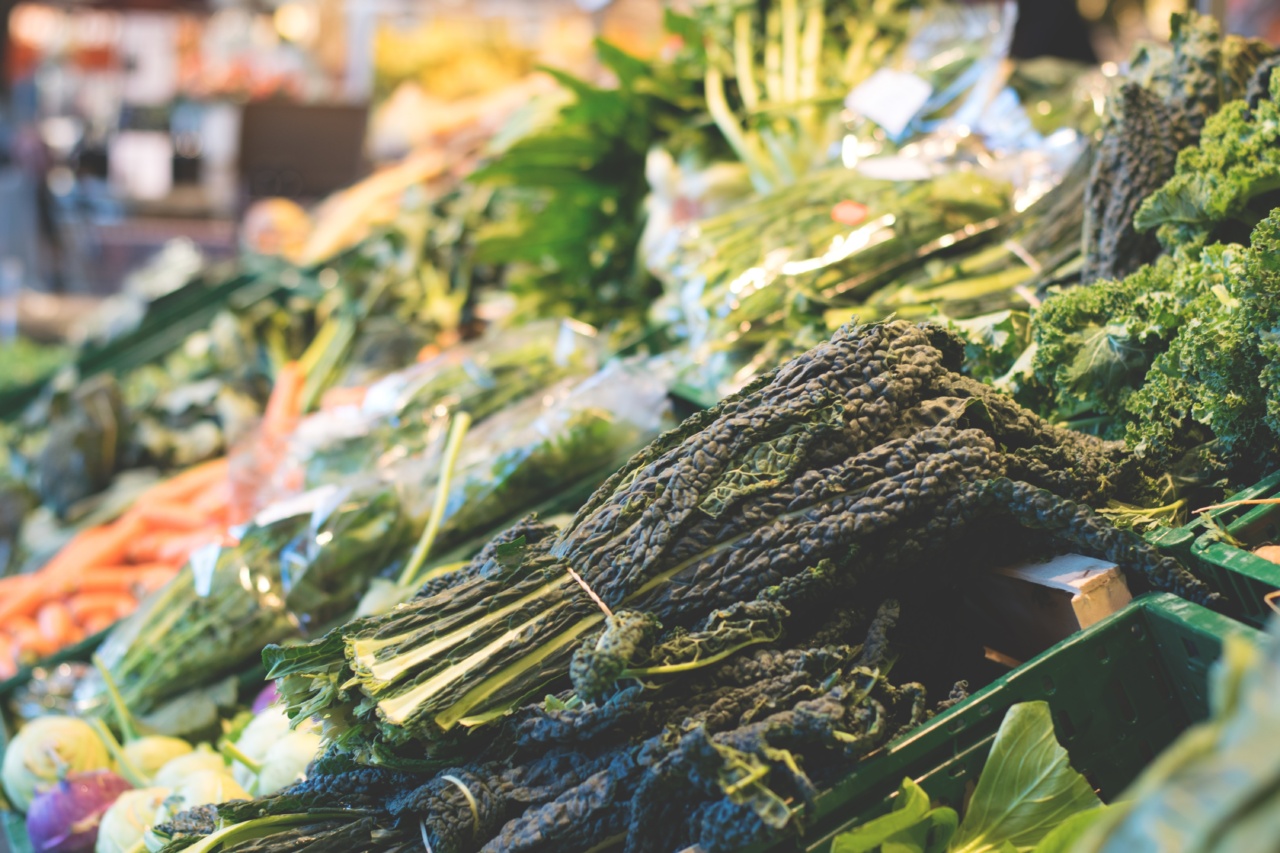Following a ketogenic diet involves consuming fewer carbohydrates and increasing your fat intake. This helps you enter a state of ketosis, where your body burns stored fat for energy instead of carbohydrates.
While it might sound simple, choosing the right foods for a ketogenic diet can be tricky. Some foods can increase your fat stores, making it difficult to reach and maintain ketosis. Here are ten foods to avoid on a ketogenic diet:.
1. Sugar and Sweets
Sugar and foods containing sugar are a no-go for a ketogenic diet. Consuming too much sugar can increase your insulin levels, which makes it difficult for your body to enter ketosis.
Not only that, but sugar is also high in calories, which can lead to weight gain. Sugary foods to avoid include cookies, cake, candy, soda, and pastries.
2. Processed Foods
Processed foods contain a variety of additives, preservatives, and chemicals that can interfere with ketosis. These foods are typically high in carbohydrates, which can increase your insulin levels and stall your progress.
Processed foods to avoid include chips, crackers, snack bars, frozen dinners, and fast food meals.
3. Grains
Grains are high in carbohydrates, making them unsuitable for a ketogenic diet. This includes all types of grains, such as wheat, rice, oats, and barley.
Grains are also highly processed, which can interfere with ketosis and promote fat storage. Instead, opt for low-carb alternatives like cauliflower rice or zucchini noodles.
4. Legumes
Legumes, including beans, lentils, and chickpeas, are high in carbohydrates and can interfere with ketosis. They’re also high in protein, which can convert to glucose in your body and stall your progress.
Instead, choose low-carb vegetables like broccoli, spinach, and cucumber, which provide fiber and essential nutrients without compromising your ketosis.
5. Alcohol
Alcohol can interfere with ketosis by increasing your blood sugar levels and slowing down fat burning. It can also contribute to dehydration, which can make you feel sluggish and lower your energy levels.
If you choose to drink alcohol, opt for low-carb options like vodka, gin, or whiskey. Remember to drink in moderation and always track your calories and carbohydrate intake.
6. Fruits
Fruits are naturally high in sugar, which can increase your insulin levels and stall your progress. While some fruits are lower in carbohydrates than others, it’s best to limit your fruit intake on a ketogenic diet.
Low-carb fruits to enjoy in moderation include berries, avocado, and olives. Be sure to track your carbohydrate intake to ensure you stay within your daily limits.
7. Dairy
Dairy products like milk, cheese, and yogurt can be high in carbohydrates and interfere with ketosis. While some dairy products are lower in carbs than others, it’s best to limit your dairy intake on a ketogenic diet.
Instead, choose dairy-free alternatives like almond milk, coconut milk, and cashew cheese. These alternatives provide healthy fat and essential nutrients without compromising your ketosis.
8. Saturated Fats
While a ketogenic diet is high in fat, it’s important to choose healthy fat sources. Saturated fats, which are typically found in animal products like bacon, sausage, and butter, can increase your cholesterol levels and promote inflammation.
Instead, choose healthy fat sources like avocado, nuts, seeds, and olive oil. These healthy fats provide essential nutrients and help promote ketosis without compromising your health.
9. High-Carb Vegetables
While vegetables are typically low in carbohydrates, some varieties are higher in carbs than others. This includes vegetables like potatoes, corn, and peas.
Instead, choose low-carb vegetables like broccoli, cauliflower, and spinach. These vegetables provide essential nutrients and fiber without compromising your ketosis.
10. Sweetened Beverages
Sweetened beverages like juice, sports drinks, and energy drinks are high in sugar and can interfere with ketosis. They’re also high in calories, which can contribute to weight gain.
Instead, opt for low-carb alternatives like water, unsweetened tea, or coffee. These beverages provide hydration and energy without compromising your ketosis.































